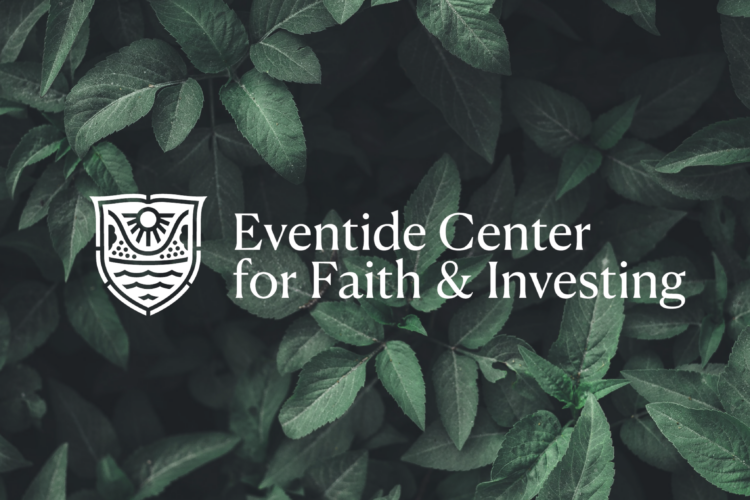At Eventide, we use a framework called Business 360® to assess whether a company is benefitting its six primary stakeholders: customers, employees, suppliers, host communities, the environment, and society at large.
Over and over again, we have seen ways that serving these stakeholders effectively contributes to a company’s financial success, which serves shareholders.
Us versus them: A pie-splitting mentality
Dr. Alex Edmans describes this as a “pie-growing” approach, and distinguishes it from a “pie-splitting” mindset in his book, Grow the Pie1:
This mentality views the pie as being fixed in size. Then, the only way to increase one member’s share of the pie is to split it differently by reducing the shares of others. These other members are your rivals, whom you fight to grab as much of the pie as possible.1
As one example, in 2017, when American Airlines decided to close the pay gap between their own employees and those at competitors United and Delta, one Wall Street analyst famously wrote, “This is frustrating. Labor is being paid first again. Shareholders get leftovers.”2
The pie-splitting view sees a business’s stakeholders as cost centers to be minimized and the amount of potential profit at a company as being a zero-sum game.
But we at Eventide think that what is underappreciated is the impact that stakeholders have back onto the business and its financial success. In other words, we believe that serving your customers, employees, and other “neighbors” is a great way to grow the pie.
Growing the pie: A better source of alpha
Dr. Edmans’s research puts some numbers to that. He conducted a study to see if a “pie-growing” mentality in how a company treats its workers can lead to better returns for investors.
Analyzing data spanning 28 years, the researcher relied on the Great Place to Work Institute’s list of the top 100 companies that prioritize their employees’ well-being. He accounted for different variables and compared these leading companies to others of similar size in the same industry.
The results showed that these “100 Best Companies to Work for in America” outperformed their competitors by 2.3% to 3.8% annually over the 28-year period (resulting in compounded returns of 89% to 184%).3
Moreover, they exceeded analysts’ expectations in terms of future profits. This is important because investing is by its nature forward-looking: what investors pay for a company’s stock today is based on their expectation of how a company will do financially in the future. Investors that choose companies whose financial success turns out to be higher than others in the market expected have effectively purchased the stock “on-sale” and gotten a better value for their investment dollars. That means those investors received not only the “market returns” they could have received from comparable investments but also “alpha,” or returns in excess of an investing benchmark.4
How can being a great place to work generate investment returns?
But how is this possible, especially when some ways of creating a great place to work—like better pay and benefits; or employee programming, education, and other perks—cost a company money? We think the answer has to do with the value of tangible and intangible assets. Fifty years ago, most of the market value of the companies that made up the S&P 500 was accounted for by their tangible assets—things like inventory, warehouses, and cash in the bank. Today, the vast majority is accounted for by intangible assets, or the value of things like intellectual property and copyrights, or brand value.
Clearly, intangible assets are much harder to analyze and price, which is where we believe our Business 360® framework gives us an edge. By thinking through how companies are partnering with, benefitting, or even blessing and delighting their stakeholders, we are able to develop a differentiated view of the company’s intrinsic value.
Edmans appears to agree. In the original research he draws the conclusion, “[T]he stock market does not fully value intangibles, even when independently verified by a highly public survey on large firms.”3
Does this mean values-based investing makes more money?
Sometimes. There are as many approaches to values-based investing as there are values-based investors. At Eventide, caring about human flourishing, and valuing every human, are core values that drive our research process and help us understand how different stakeholders experience a business. We believe that understanding gives us a distinct advantage in our investments, allowing us to both serve our clients, and to invest in companies that create compelling value for the global common good.

















